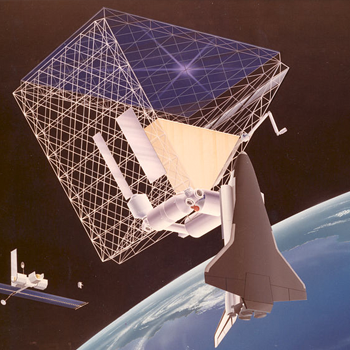How does thermal expansion affect the accuracy of a pendulum clock?
1 Answer
the clock will become slower by a small amount due to expansion
Explanation:
A pendulum clock has the Time Period
By thermal expansion the length of the pendulum will increase say by a small amount
so the new time period
so,
or
so the time period of oscillation will increase , thereby the clock will give time as if slow by (T'-T)
In clocks people use seconds pendulum whose time period os 2 secs and length is about 1m and if the length increases to say 1.001 m
then T'- T = 2 s . {sqrt ( 1.001)- 1 }
so the error can be estimated.

